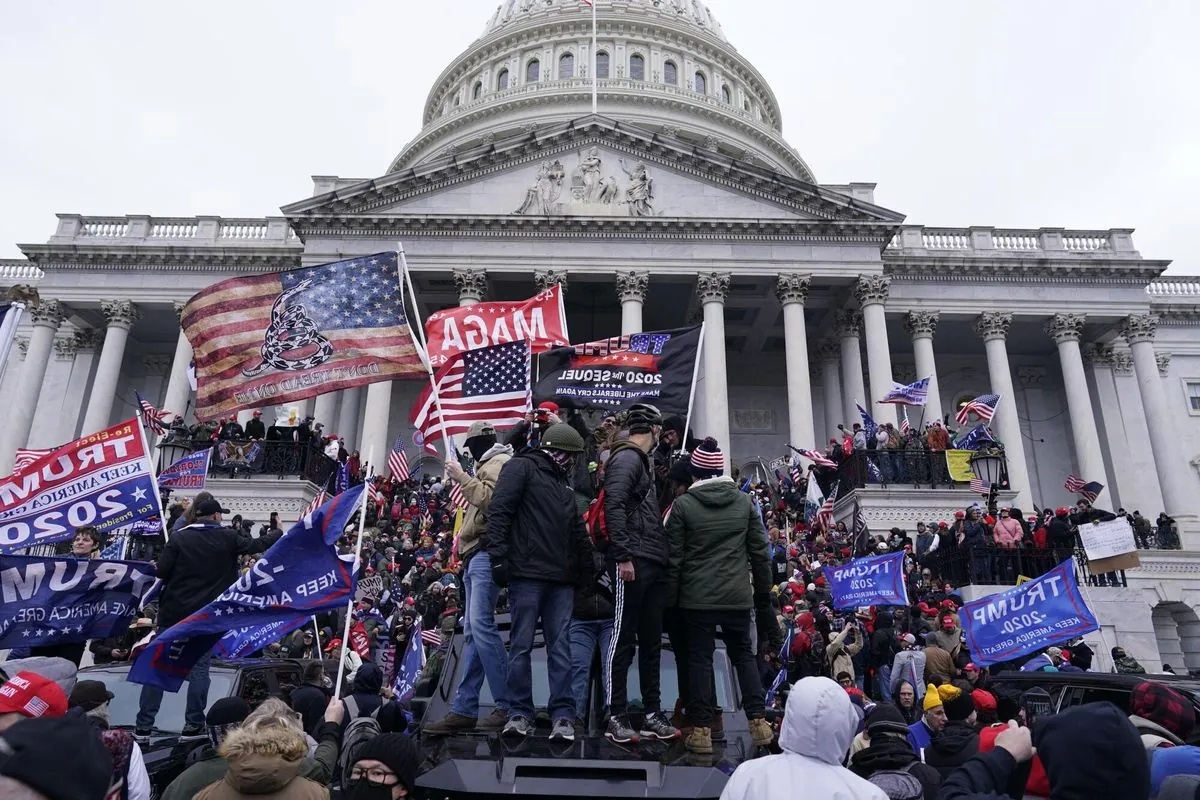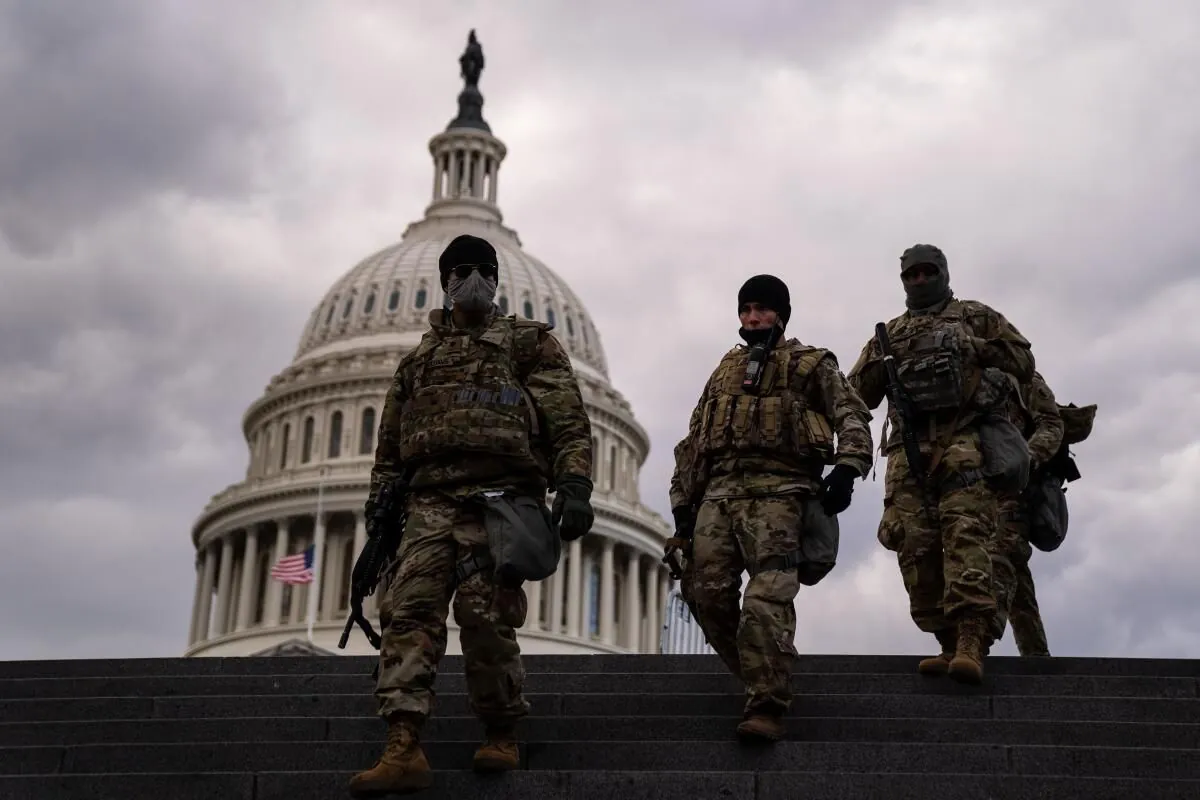U.S. Braces for Unprecedented Challenges in 2024 Presidential Election
Experts warn of potential unrest and violence surrounding the 2024 U.S. presidential election, citing factors such as political polarization, legal challenges, and the spread of misinformation.

The United States is preparing for what could be one of the most contentious presidential elections in its history, scheduled for November 5, 2024. Experts are raising alarms about potential challenges that may arise during and after the electoral process, drawing parallels to the events of January 6, 2021, while warning of even more severe consequences.
A documentary titled "War Game," released on September 27, 2023, simulates a crisis scenario for the 2024 election. The film, based on a simulation conducted on January 6, 2022, brings together a bipartisan group of national security, military, political, and law enforcement experts to role-play responses to a fictional yet alarmingly plausible election crisis.
Several factors contribute to the heightened concerns surrounding the upcoming election:
Donald Trump's behavior and rhetoric continue to be a significant source of worry. As a candidate, he has not committed to accepting the election results and has implied that violence might be justified if he loses. The fact that Trump faces multiple legal challenges adds another layer of complexity to the situation.
The ownership of Twitter (now X) by Elon Musk, a Trump donor, raises questions about the platform's role in potentially spreading misinformation or inciting violence.
Experts anticipate that any attempts to disrupt the election process may focus on state-level institutions rather than federal ones. This could involve intimidation of election officials, challenges to ballot certifications, and potential mobilization of state National Guard units.
The possibility of Kamala Harris winning the presidency introduces an unprecedented dynamic, given the history of racial tensions in the country.
There are concerns about radicalization within military ranks and the potential for some members to align with extremist groups if they believe the election results are illegitimate.

The Joint Chiefs of Staff, the FBI, and other federal agencies are preparing for various scenarios. However, the decentralized nature of the U.S. electoral system, with each state having its own constitution and government, complicates the federal response to potential crises.
The documentary and subsequent discussions highlight the need for robust preparedness at all levels of government. Steve Bullock, former Montana governor who plays the president in the "War Game" simulation, emphasizes the importance of being ready for multiple scenarios.
"The Republican candidate is an insurrectionist [who] is aggressively beating the drum of stolen elections and rallying the forces to potentially steal an election by any means, including violence."
Experts stress that while large-scale events like the January 6 insurrection are a concern, smaller, coordinated actions across multiple locations could be equally devastating. Peter Strzok, former FBI special agent, warns of the potential for "stochastic terrorism" – isolated acts of violence inspired by heated rhetoric.
As the United States approaches this critical juncture, the focus remains on preserving the integrity of the electoral process and maintaining public trust in democratic institutions. The challenges ahead require vigilance, preparation, and a commitment to upholding the principles of democracy from all sectors of society.


































